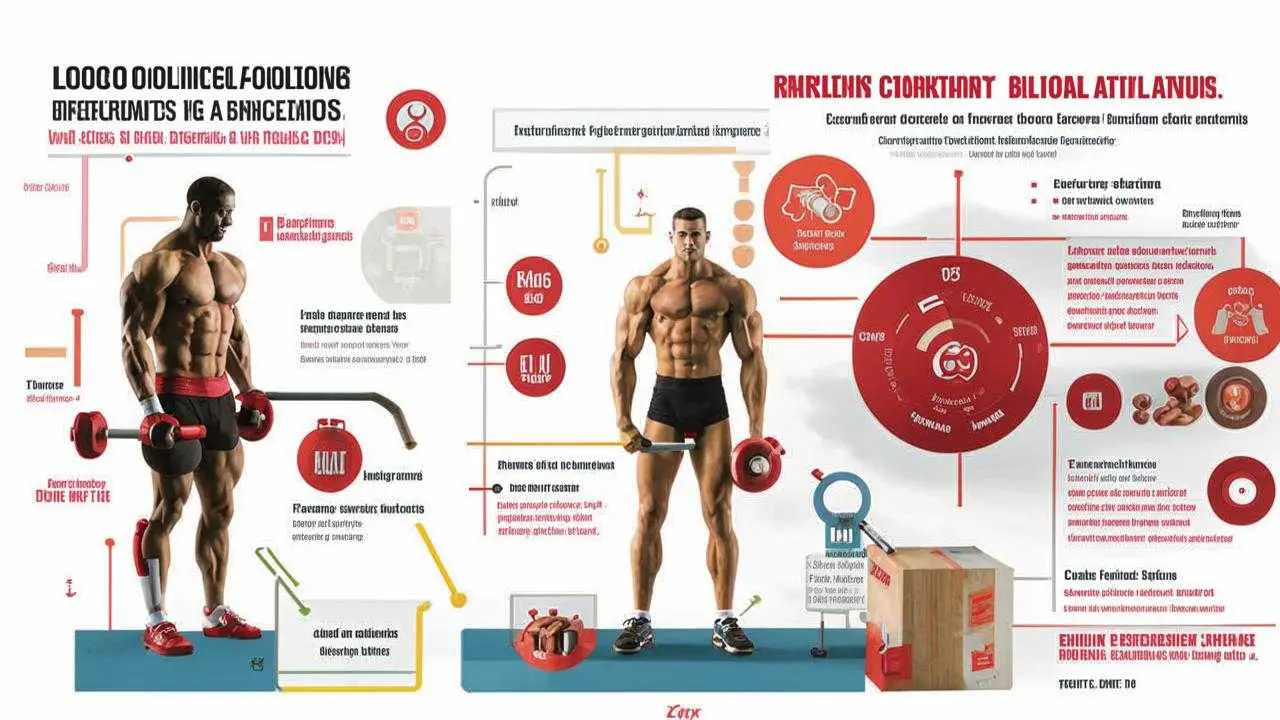Tooth extraction is a surgical procedure that cannot be performed without damaging tissue and blood vessels. This causes bleeding from the tooth cavity. The blood forms a clot that protects the wound from bacterial invasion. Usually, it stops discharging from the wound after a few minutes, but there are cases when bleeding continues for hours or even days.
Causes of bleeding from the hole of the extracted tooth
In dentistry, there are general, local and mixed causes. Bleeding can occur due to a doctor’s error, non-compliance with the recommendations of the patient or taking medications to treat common diseases.
Local causes
- Rupture of blood vessels during traumatic surgery;
- Breakage of the root septum or alveolus (hole);
- Inflammation in the area of the tooth that was extracted;
- the action of adrenaline (after the constriction of blood vessels, there is a second phase – their expansion);
- melting of blood clots blocking the vessels under the influence of purulent secretions;
- local hyperemia (overfilling of blood vessels). Occurs from hot food, drinks, gargles, or compresses.
Do not apply heat to the wound after extraction under any circumstances!
Thus, the occurrence of bleeding can provoke not only the doctor’s error, but also the patient’s actions.
Common causes
The most common of them is a sharp rise in blood pressure as a result of hypertensive crisis, excessive physical activity, heat procedures (bath, sauna, hot bath).
In second place are diseases affecting blood coagulation: hemophilia, leukemia, hemorrhagic diseases.
Profuse bleeding occurs with unrecognized vascular tumors (hemangiomas). Therefore, it is important to perform radiologic examination, which shows such changes.
Taking anticoagulants is also capable of provoking bulbous bleeding after removal.
Classification of bleeding
Blood discharge is divided into primary, which begins immediately after surgery, and secondary, when bleeding begins after some time.
The intensity of bleeding is determined depending on how much the hole bleeds after removal:
1 degree – it bleeds for 20-30 minutes, soaks the tampons and stains the saliva.
2 degree – bleeding lasts more than 40 minutes, blood and saliva intensely mixed.
Degree 3 – bleeding does not stop for more than an hour, the patient spits blood.
With prolonged bleeding, the general condition of the patient deteriorates. Weakness appears, dizziness, the skin turns pale. Blood pressure drops, the heart begins to beat less frequently. Dentists advise that in the case of bleeding do not delay a visit to the doctor, so that he took measures to stop the blood and did not allow the condition to worsen.
How to stop bleeding from the hole after tooth extraction
After tooth extraction, the dental surgeon treats the wound and applies a sterile swab. The patient is asked to clamp the swab tightly with the teeth and keep it in place for about half an hour. If the swab quickly soaks up blood, it should be changed.
If the blood has not stopped after 20-30 minutes, the dry tampon is changed to a moistened hydrogen peroxide solution.
To narrow the vessels, you can use a cold compress. Ice is applied to the cheek, having previously wrapped it with a towel, so as not to frostbite the skin. The compress is kept for 10-15 minutes, then take a break and repeat the procedure.
After the operation, the dentist recommends painkillers. It is necessary to adhere to these recommendations in order not to accidentally drink a remedy containing aspirin, which thins the blood and can cause bleeding.
If after all manipulations, still bleeds from the tooth hole, you need to contact a dental clinic.
What the dentist does
First of all, the doctor will conduct an examination and make a diagnosis. According to it, the dentist will carry out treatment.
The first aid is to stop blood loss. For this purpose, local anesthesia is carried out, blood clots are removed, the wound is dried and the place where the blood is coming from is identified.
Ways to stop the hole bleeding depends on its cause and localization:
- if there was a tear in the gum, mucosa, they are sutured;
- on the bleeding vessel put a ligature (a special thread for tying vessels);
- in case of bleeding from the alveolus (well), a tampon of iodoform gauze is placed on it. It is left in the wound for several days.
Tamponization is used as a preventive measure, if there is a risk of bleeding. The tampon is left in the hole for several days. Then it is taken out and looked at how well the wound has healed.
Removing wisdom teeth is potentially dangerous. These surgeries are often tricky. Sometimes it is necessary to cut the gum, saw through the roots or the tooth itself and remove it piece by piece. Bleeding after these complex surgeries is more common than after normal surgeries.
Measures when the hole bleeds after wisdom tooth extraction are the same as after a normal extraction. If there is a history of blood diseases, such an operation is prepared in advance. Conduct a blood examination, in some cases prescribe injections of calcium chloride, taking vitamins C and K.
If the cause of bulb bleeding – systemic diseases, apply hemostatic agents of general action (calcium chloride, calcium gluconate, aminocaproic acid, dicinone, vikasol).
With hypertension, hypotensive therapy is prescribed. After normalization of pressure, the blood usually stops.
Prevention
To avoid situations when the tooth hole bleeds after extraction, the dentist should collect an anamnesis, take into account current diseases and take appropriate measures:
- Identify the presence of conditions with impaired blood clotting function
Usually, patients are aware of their conditions, but sometimes there is no diagnosis as such, the patient has not been treated anywhere. However, in the course of conversation, it can be found out that the patient’s blood does not stop for a long time, bruises are formed in the same place and do not go away for a long time, during blood collection, the nurse always says that it flows in rivers. Such facts should alert the dentist and serve as a basis for in-depth preparation for surgery.
- Conduct a consultation with a specialist, develop a treatment plan
If the disease is diagnosed, it is better to consult with a doctor to know exactly whether it is necessary to take additional drugs that promote coagulation, what measures will be useful in the postoperative period.
- Patients with hemophilia have their teeth extracted in a hospital or in specialized centers
Without special training, it is difficult to stop bleeding in hemophilia, it is better to perform such operations in regional centers.
- Use minimally invasive methods during extraction
Gingival detachment should be carried out with increased care, double check the correctness of the application of forceps, do not use excessive force to avoid fractures.
- In case of tissue damage, sutures should be applied
By bringing the wound edges closer together and securing their position with sutures, the risk of bleeding can be reduced.
- Advise the patient about behavior during the rehabilitation period
The patient should be given a detailed description of the limitations, how to relieve pain symptoms, and what to do in case they are still bleeding from the tooth a few hours after surgery.
In turn, the patient needs to adhere to the doctor’s recommendations. For a few days to refuse increased physical exertion. Do not visit the bath, sauna, do not take hot baths. Do not eat hard, hot, spicy food. With high blood pressure, take prescribed medications. But it is better to refuse blood thinners until the wound heals. It is important not to rinse the mouth in the first days, but to use baths of disinfectant solutions and medicinal decoctions. This is necessary to avoid washing the blood clot out of the hole.
After surgery, teeth are brushed the next day, it is desirable to change the brush. The wound when brushing is undesirable to bypass, and rinse the mouth simply by gaining and spitting out water. In the first 3 days you should not use an irrigator.

